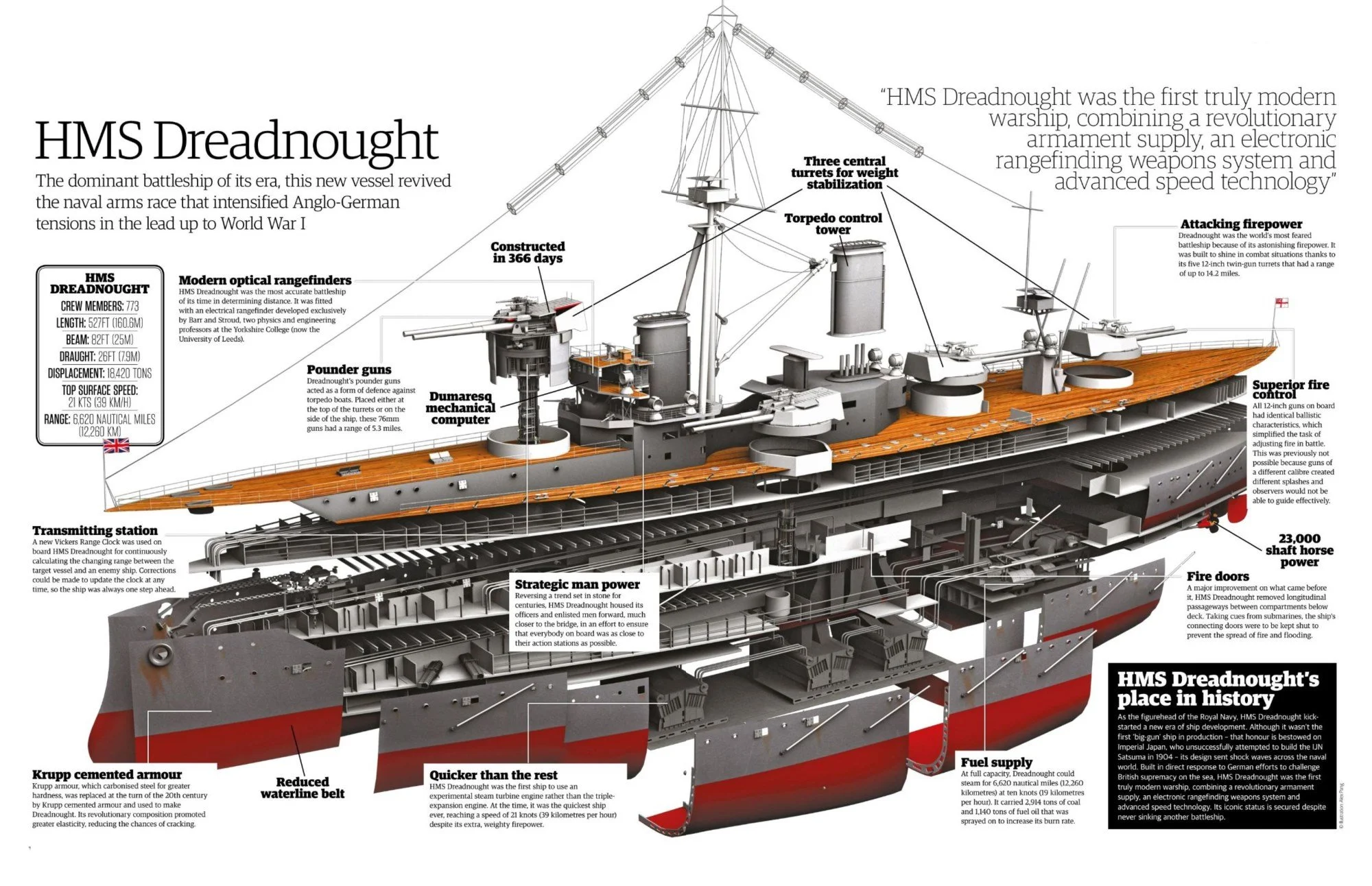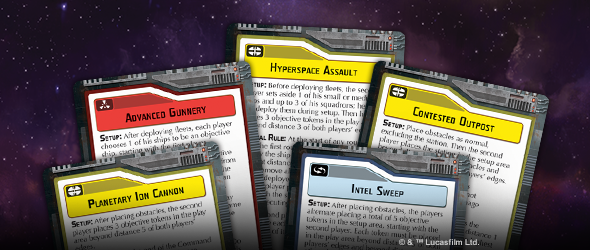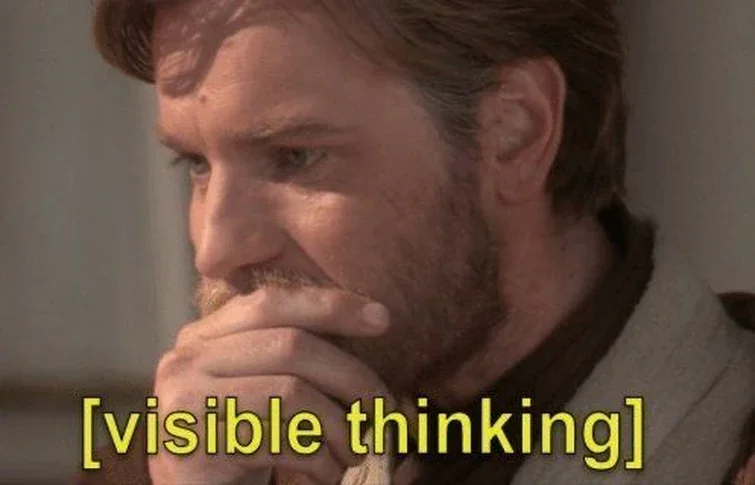The Holonet War College: Episode II - Big Guns, Fast Ships and Big Thinking
21st November 2025
Rosco
5 mins
Preface
Time to roll out the charts, put the kettle on and/or pour yourselves another glass of port, Admirals.
In this week’s ep of HWC, we’re setting sail (or jumping to hyperspace) into a mixxy-blob of a few great minds that drove some of the key naval debates that shaped modern maritime strategy: Alfred Thayer Mahan, Jacky Fisher and Julian Corbett. Three blokes, three schools of thought, and three wildly different answers to the same eternal question: what actually wins wars at sea? Or in Armada’s case… in space?
Their arguments still echo down wardroom passageways, up ladder bays, around libraries full of dusty old history books and, in our case, across our gaming tables whenever someone decides that a Farm-hawk on a Thursday night is a “fun, casual” idea...
If Clausewitz thriveD in Chaos, These GUys WeaponiseD It
Clausewitz taught us how to live with friction. Mahan, Fisher and Corbett showed us how to use it.
Each approached command from a different angle. Mahan believed in dominance through overwhelming force. Fisher championed innovation, speed and shaking the tree to see what falls out (which happened to be a Dreadnought Battlecruiser). Corbett, the quiet intellectual of the group, focused on balance, restraint and purpose.
Sound familiar? You see it every weekend at gaming meets and every tournament. One table has an Imperial ISD brawler squaring off against a nimble Rebel TRC90 swarm, then on table two, a calm Republic commander quietly racks up objective points, and everyone else is re-enacting a classic Mos Eisley Cantina brawl, but with dice.
Mahan: Big Fleets achieve Big Things
Rear Admiral Alfred Thayer Mahan’s The Influence of Sea Power upon History argued that nations rise and fall on their ability to command the seas. The path to victory, in his view, was simple: build massive fleets, fight decisive battles, and annihilate the enemy’s main force in one fell swoop.
If that sounds like the Imperial School of Armada, you’re bang on.
Mahan would have adored the Empire’s vast Star Destroyer fleet: tight formations, brutal volleys of fire and the belief that one perfect engagement can settle everything once and for all. Logistics and smaller actions? Just background noise feeding the main event. But don’t spread yourself too thin…
But Mahan’s faith in the decisive battle had cracks. It assumed your opponent wanted to fight that battle. In Armada, anyone who’s ever chased a CR90 or MC30 that refuses to die knows exactly how that assumption falls apart.
The main takeaway here: Mahan’s style rewards discipline and confidence, but punishes inflexibility. Like an ISD drifting one click too far, it’s magnificent until it isn’t. Maybe that’s Admiral (or Grand Moff) Tarkin...
Fisher: The Mad Innovator
Enter Admiral of the Fleet The Right Honourable Lord John Arbuthnot “Jacky” Fisher, 1st Baron Fisher: brash, inventive and thoroughly allergic to tradition. He scrapped the Royal Navy’s relics, built the first all-big-gun battlecruiser HMS Dreadnought, and declared that speed is armour.
That’s pure Rebel shenanigans: hit fast, hit where it hurts, and never be where the enemy expects.
On the Armada table, Fisher lives on in fleets that prize manoeuvre over muscle. They dodge arcs, set traps, dictate tempo, launch torpedoes, and win by refusing to fight on anyone else’s terms.
But innovation can cut both ways. Fisher’s reforms helped spark the dreadnought race that destabilised Europe in the lead-up to WWI. In gaming terms, he’s the player who pushes fleet archetypes and upgrades to the breaking point, sometimes breaking the meta, sometimes breaking themselves.
Takeaway: Fisher shows that innovation wins… until it doesn’t. Adaptation should support strategy, not replace it. Rebel commanders like Cracken or Raddus mainly spring to mind, but most of the others fall somewhere into this mould also.
Corbett: The Thinking Admiral’s Admiral… that wasn’t an Admiral
If Mahan was the warrior-prophet and Fisher the restless engineer, then Sir Julian Stafford Corbett was the philosopher. A good friend and advisor to Jacky Fisher, Corbett’s Some Principles of Maritime Strategy argued, quite rightly, that naval power exists to serve political purpose, not merely to seek battle.
Corbett focused on control: of space, movement, communications, and the choice of when and where to fight. Wars, he argued, are political acts; fleets are tools, not ends in themselves.
Call me crazy… but that kind of sounds like Armada’s objective system, right? Makes sense.
Those wild red, blue and yellow (sometimes green) cards sitting to the side and quietly shaping our games? Pure Corbett. He’s there every time someone wins without firing the most shots or trading a broadside for an Ignition shot.
Takeaway: Corbett teaches that victory isn’t always about destruction. Sometimes it’s patience, positioning and a steady hand on the helm. I think some commanders who fit into this category are Thrawn, Dooku, Draven, and Bail.
The Great Debate: Power, Progress and Purpose, From the Sea to the Stars
Put them together and you get the eternal triangle of naval thought — and, frankly, of good Armada play.
Every list you slap together, objective you pick, and archetype you prefer sits somewhere in between all this. Lean too far to one corner and things wobble: Mahan’s hammer gets out-danced, Fisher’s hot-rod burns out, Corbett’s scholar misses the objective bus.
Balance wins campaigns, both historical and tabletop.
Mahan, Fisher and Corbett never imagined Angry Space Triangles or Space Pickles that were all sometimes kilometres long, but their ideas fit the galaxy far, far away remarkably well.
· The Imperial Navy is Mahan made manifest: massive ships, fear as doctrine, the decisive blow as philosophy.
· The Rebels are pure Fisher: improvisation, daring, speed and just enough chaos to be entertaining.
· The Clone Wars factions sit comfortably with Corbett: measured, thoughtful, practical… sometimes frustratingly so. Though arguably, any farming-style fleet fits pretty well also.
One of Armada’s quiet strengths is how naturally these theories come to life on the table. It’s the Battles of Trafalgar, Coruscant, Jutland, Endor, the Coral Sea, and Jakku all mashed together
The “So What?”
Here’s what sticks in my mind after almost every game: these old theories still make us ask the same questions.
When do you commit everything to a decisive fight?
When do you try something fancy, and when do you hold steady?
How do you win when victory isn’t just about destruction, or if you are outgunned?
Every match becomes a tiny experiment in naval strategy, a micro-lesson in power, progress and purpose.
So, the next time you set your fleet in formation, ask yourself:
Are you channelling Mahan, hunting glory through sheer firepower?
Are you Fisher, gambling on speed and innovation?
Or are you Corbett, playing the long game?
Because whichever path you choose, you’re not just playing Armada. You’re playing history, putting naval strategy into practice and, if you’re lucky, learning a bit about the weight of command along the way.
Please do continue to share any comments, questions, discussions or even requests for topics in future episodes - I enjoy chatting about all of this naval strategy stuff, and I’m really having fun throwing it into the mix with Armada.
Until next time - Fair winds and following seas,
Rosco 🥃
Further Reading
Mahan, A. T. (1890) The Influence of Sea Power upon History, 1660–1783, Little, Brown and Company, Boston. https://www.gutenberg.org/files/13529/13529-h/13529-h.htm
Corbett, J. S. (1911) Some Principles of Maritime Strategy, Longmans, Green and Co., London. https://www.gutenberg.org/files/15076/15076-h/15076-h.htm
Lambert, N. A. (2002). Sir John Fisher’s naval revolution (Studies in Maritime History). University of South Carolina Press. https://openlibrary.org/books/OL8695359M/Sir_John_Fisher%27s_Naval_Revolution_%28Studies_in_Maritime_History%29
Gray, C. S. (2010) The Strategy Bridge: Theory for Practice, Oxford University Press, Oxford.
Freedman, L. (2013) Strategy: A History, Oxford University Press, Oxford. https://www.researchgate.net/publication/286873190_The_Strategy_Bridge_Theory_for_Practice









